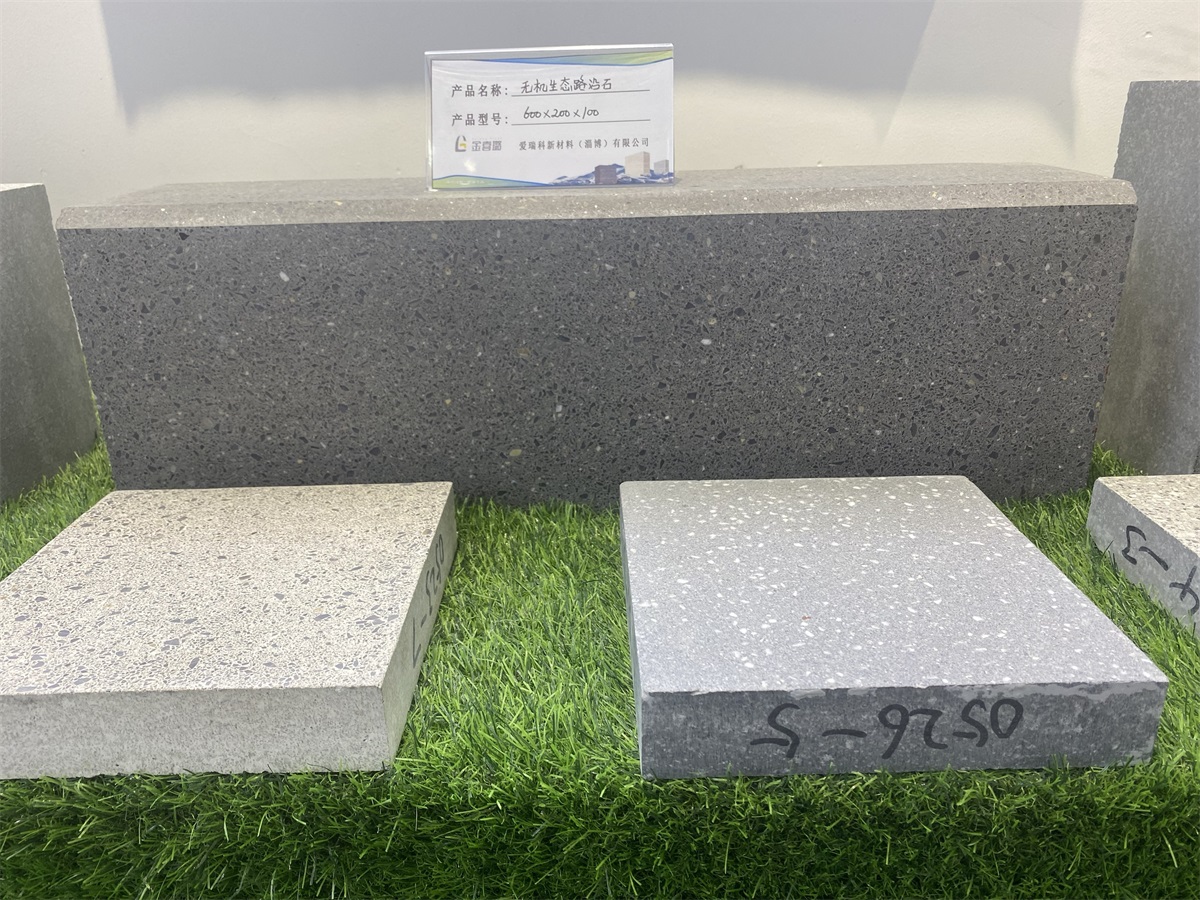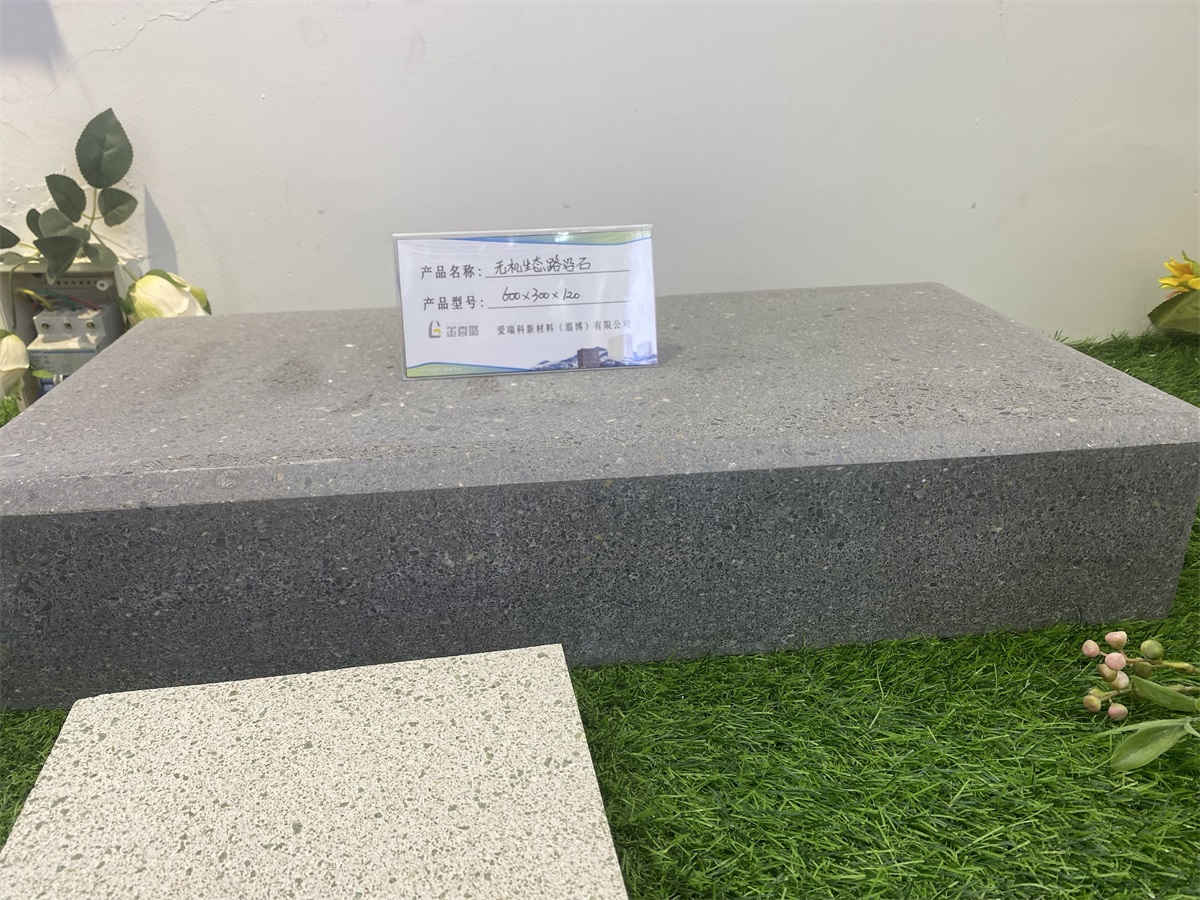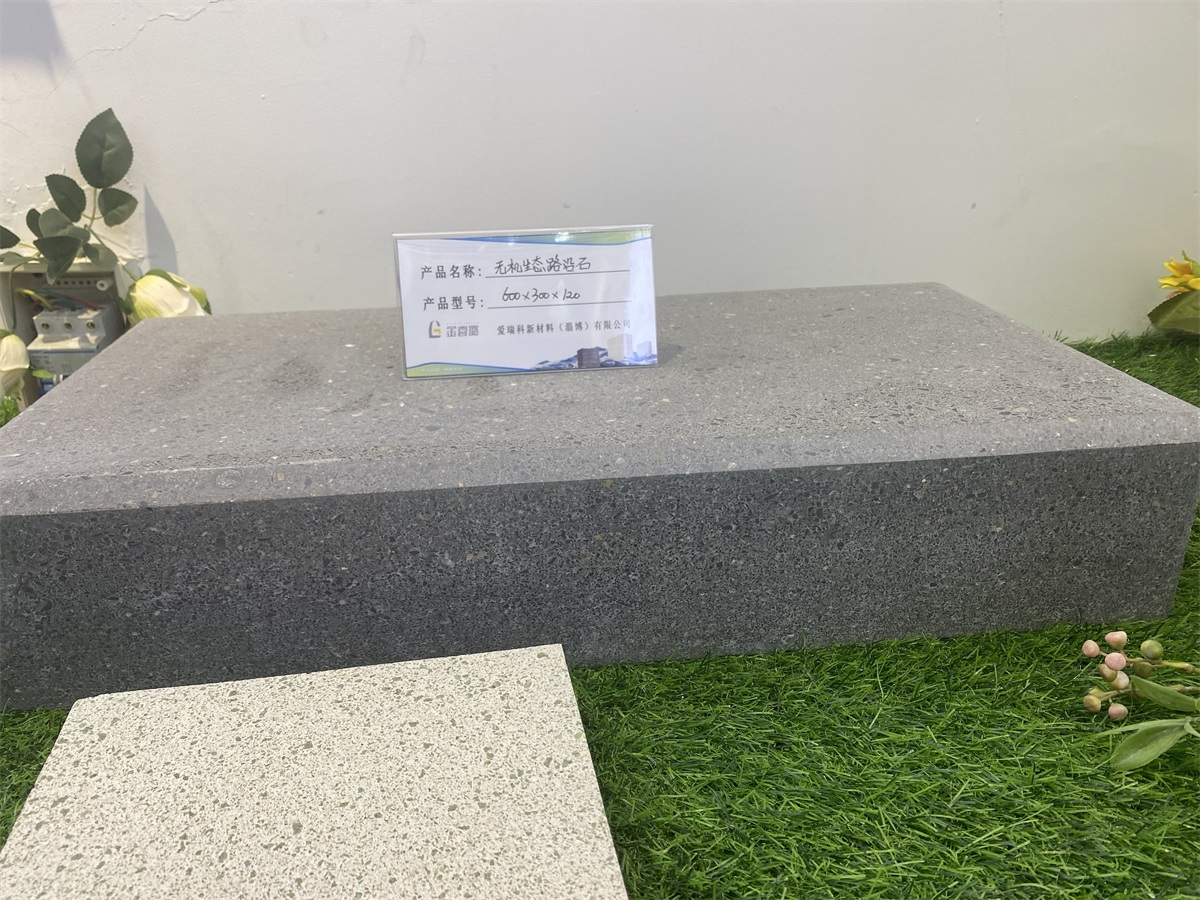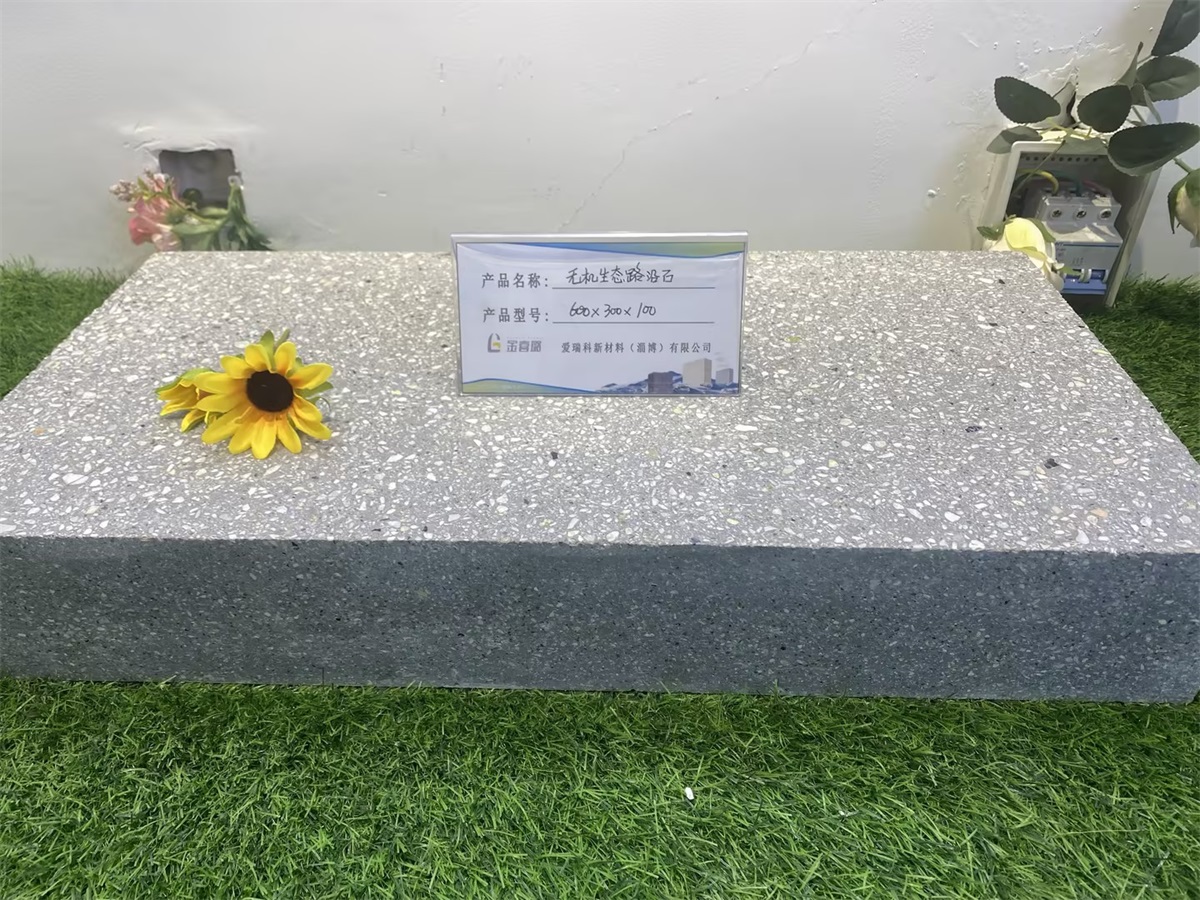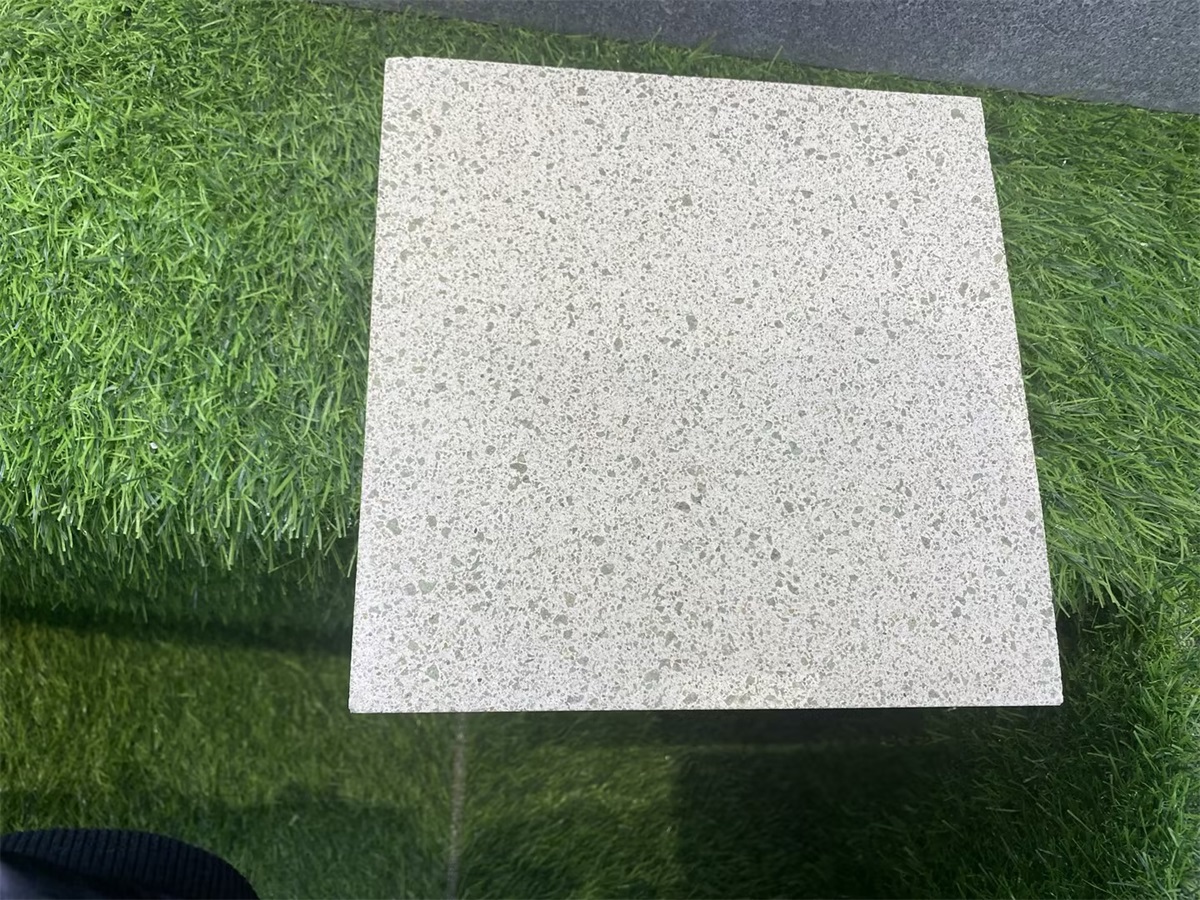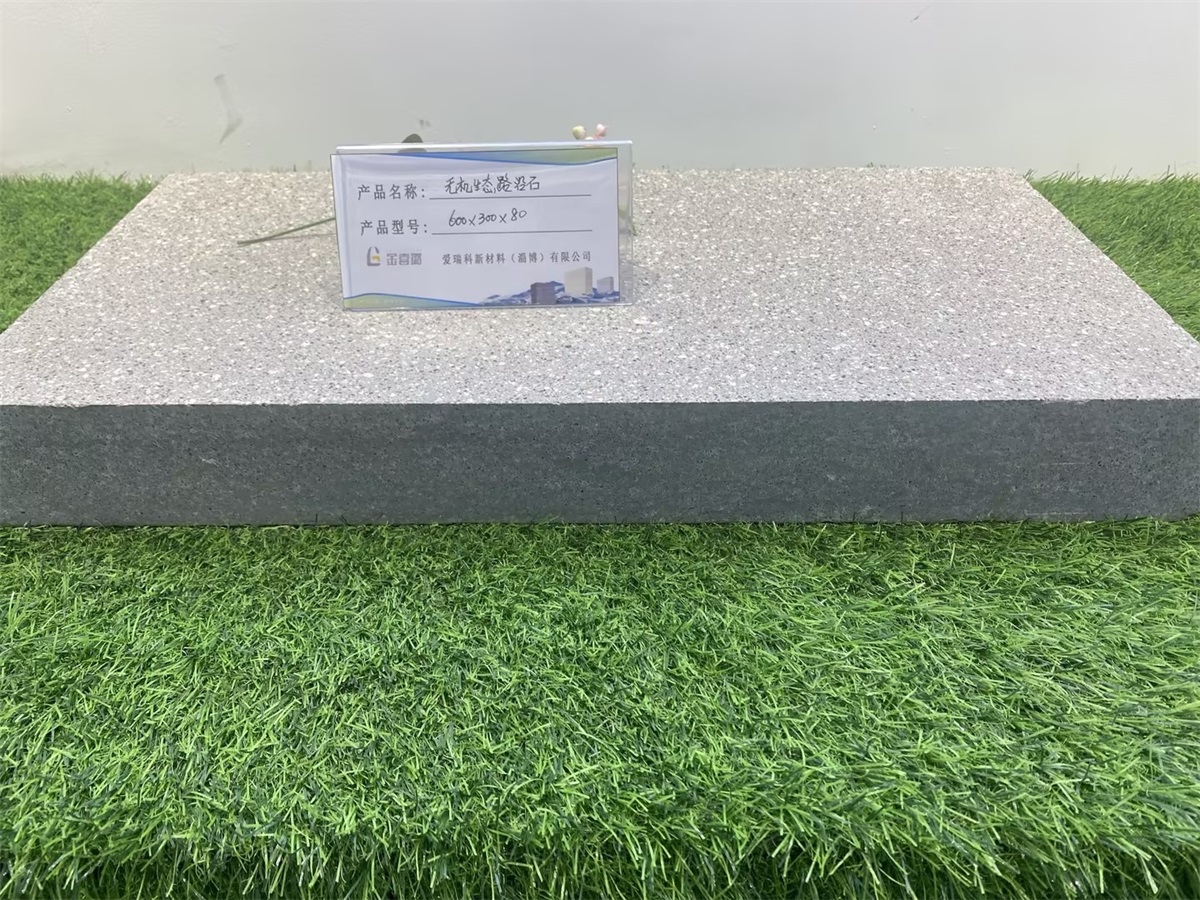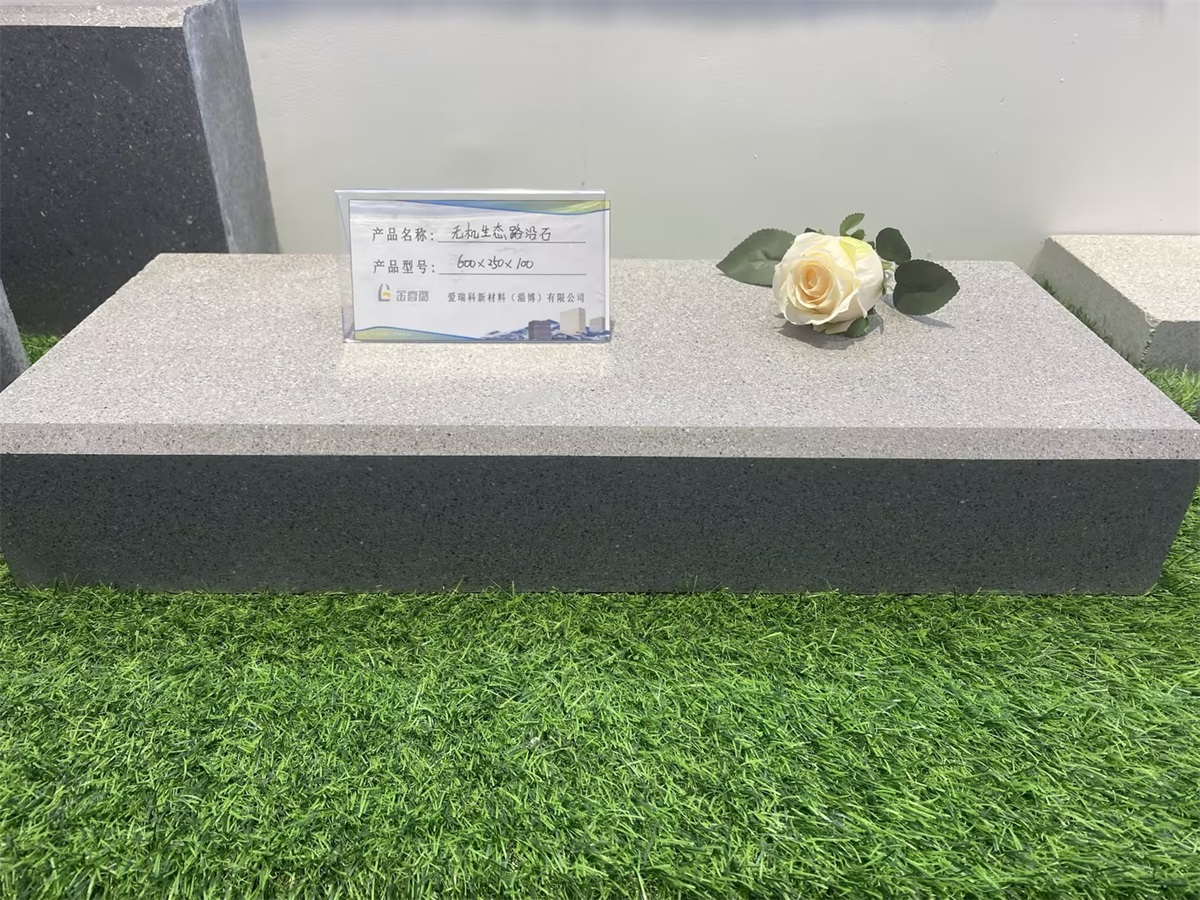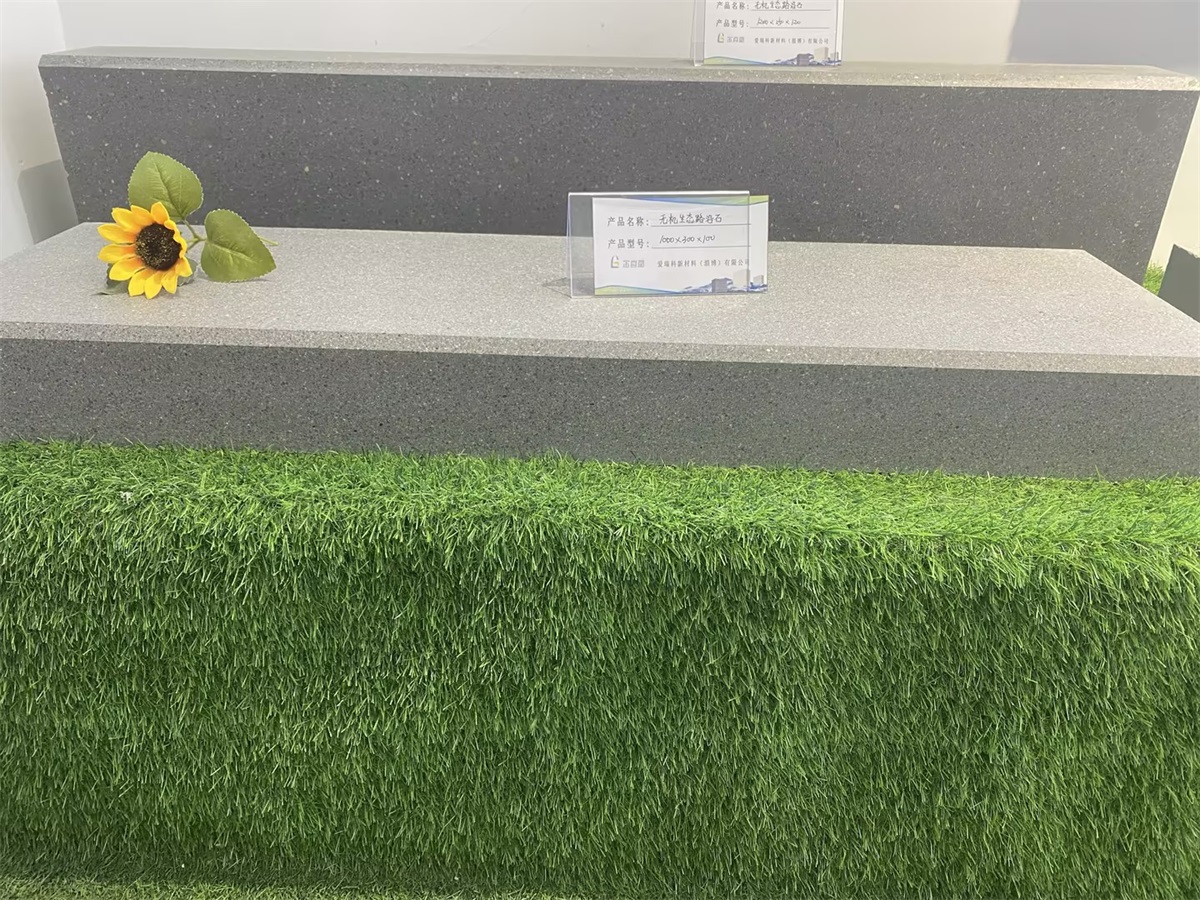常見(jiàn)樹(shù)穴的處置方法及優(yōu)缺點(diǎn)分析
樹(shù)穴是樹(shù)木的立足之本,樹(shù)穴的處置情況直接影響到苗木長(zhǎng)勢(shì)和環(huán)境美觀,在日常工作中,見(jiàn)到,很多地方對(duì)樹(shù)穴的處置過(guò)于隨意,導(dǎo)致苗木長(zhǎng)勢(shì)欠佳,小老樹(shù)和衰弱樹(shù)屢見(jiàn)不鮮。現(xiàn)將常見(jiàn)山東樹(shù)穴處置方法及優(yōu)缺點(diǎn)分析如下,供讀者參考。
Tree holes are the foundation of trees, and the disposal of tree holes directly affects the growth and environmental beauty of seedlings. In daily work, it is often seen that the disposal of tree holes is too casual, leading to poor growth of seedlings, and it is not uncommon for small old and weak trees. The common Shandong tree hole disposal methods and their advantages and disadvantages are analyzed as follows for readers' reference.
種植花草
Planting flowers and plants
樹(shù)穴種植花草是一種常見(jiàn)的處置方法,種植花草可以提高景觀的觀賞效果,使綠化效果更加美觀,更有層次感。但我們常見(jiàn)到種植在樹(shù)穴內(nèi)的花草長(zhǎng)勢(shì)欠佳,這里有諸多因素,如樹(shù)冠遮蔽陽(yáng)光,樹(shù)木根系與花草爭(zhēng)奪水分、養(yǎng)分等。
Planting flowers and plants in tree holes is a common disposal method. Planting flowers and plants can improve the ornamental effect of the landscape, making the greening effect more beautiful and layered. But we often see that flowers and plants planted in tree holes do not grow well, due to many factors, such as canopy shading from sunlight, tree roots competing for water and nutrients with flowers and plants.
樹(shù)穴內(nèi)種植花草不僅不利于花草的生長(zhǎng),對(duì)樹(shù)木的長(zhǎng)勢(shì)也會(huì)有一定影響,因?yàn)闃?shù)穴內(nèi)種花草,花草的根系較淺,特別是草坪,細(xì)密的根系會(huì)結(jié)成網(wǎng)狀,不利于氧氣流通。
Planting flowers and plants in tree holes is not only detrimental to the growth of flowers and plants, but also has a certain impact on the growth of trees. This is because planting flowers and plants in tree holes has a shallow root system, especially in lawns, where the fine and dense roots form a network, which is not conducive to oxygen circulation.
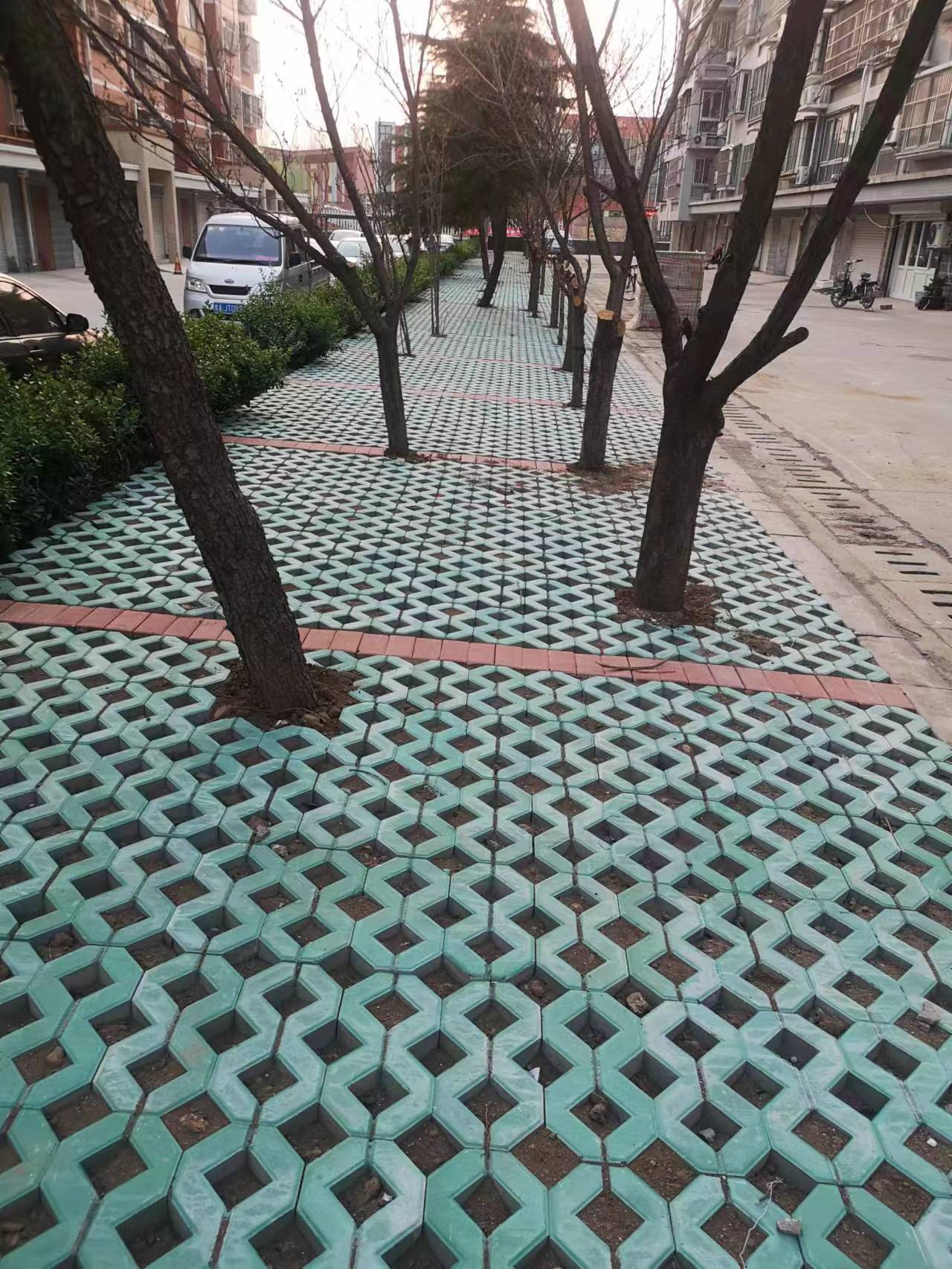

此外,花草的根系較淺,需要水分較多,經(jīng)常澆水會(huì)導(dǎo)致土壤含氧量降低,會(huì)影響樹(shù)木根系的呼吸。經(jīng)多年實(shí)踐觀察,發(fā)現(xiàn)在樹(shù)穴內(nèi)種植花草的樹(shù)木遠(yuǎn)不如裸露樹(shù)穴的樹(shù)木長(zhǎng)勢(shì)好。
In addition, the roots of flowers and plants are shallow and require more water. Frequent watering can lead to a decrease in soil oxygen content, which can affect the respiration of tree roots. After years of practical observation, it has been found that trees planted with flowers and plants in tree holes do not grow as well as trees in exposed tree holes.
放置護(hù)樹(shù)板
Place tree protection board
在很多大城市行道樹(shù)樹(shù)穴上都會(huì)放置著砼護(hù)樹(shù)板,這些護(hù)樹(shù)板非常美觀,而且可以有效防止垃圾進(jìn)入樹(shù)穴。但由于護(hù)樹(shù)板是直接放置樹(shù)穴內(nèi)的,加之其質(zhì)量較重,長(zhǎng)期放置會(huì)使土壤變得板結(jié),而且護(hù)樹(shù)板還會(huì)減少自然降水的流入量。冬季的降雪也會(huì)因?yàn)闊o(wú)法堆積到樹(shù)穴內(nèi)而白白浪費(fèi)掉。
In many large cities, concrete tree protection boards are placed on roadside tree holes, which are very beautiful and can effectively prevent garbage from entering the tree holes. However, due to the fact that the tree protection board is directly placed in the tree hole and its heavy weight, long-term placement can cause the soil to become hardened, and the tree protection board can also reduce the inflow of natural precipitation. Winter snowfall will also be wasted because it cannot accumulate in tree holes.
放置河卵石
Placing river pebbles
在一些庭院或者高檔小區(qū)、別墅區(qū)內(nèi),我們會(huì)經(jīng)常看到,一些樹(shù)穴被裝飾得非常華麗,樹(shù)池用花崗巖制成,而為了顯得更上檔次,有些人將一些經(jīng)拋光處理的河卵石放置于樹(shù)穴內(nèi),而且堆得滿滿的,幾乎和樹(shù)池一般高。此法看似合理,既不影響樹(shù)穴土壤的密實(shí)度,也不會(huì)妨礙雨水流入,但其實(shí)河卵石長(zhǎng)期在樹(shù)穴內(nèi)放置,時(shí)間久了樹(shù)穴的表土一樣會(huì)變得板結(jié),畢竟河卵石的分量并不輕。
In some courtyards, high-end residential areas, and villa areas, we often see that some tree nests are decorated very beautifully, and the tree pools are made of granite. In order to appear more upscale, some people place polished river pebbles in the tree nests, and they pile them up full, almost as high as the tree pools. This method may seem reasonable, as it does not affect the compactness of the soil in the tree hole or hinder the inflow of rainwater. However, in fact, if river pebbles are placed in the tree hole for a long time, the surface soil of the tree hole will become hardened over time, as the weight of river pebbles is not light.
裸露樹(shù)穴是我們的傳統(tǒng)做法,這種做法雖然不好看,但利于雨水的流入,也方便冬季堆雪,平時(shí)澆水、施肥,松土保墑也比較方便,對(duì)樹(shù)木根系的呼吸也有好處。其大的不足之處就是易掉入垃圾,影響美觀。更多相關(guān)內(nèi)容就來(lái)我們網(wǎng)站http://gravoaliva.com咨詢(xún)吧!
Bare tree holes are our traditional practice. Although this method may not look good, it is beneficial for rainwater to flow in and snow accumulation in winter. It is also convenient for watering, fertilizing, loosening soil to maintain soil moisture, and is beneficial for the respiration of tree roots. Its major drawback is that it can easily fall into garbage and affect its aesthetics. For more related content, come to our website http://gravoaliva.com Consult!
相關(guān)產(chǎn)品
相關(guān)新聞



